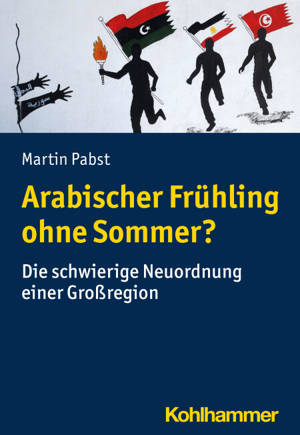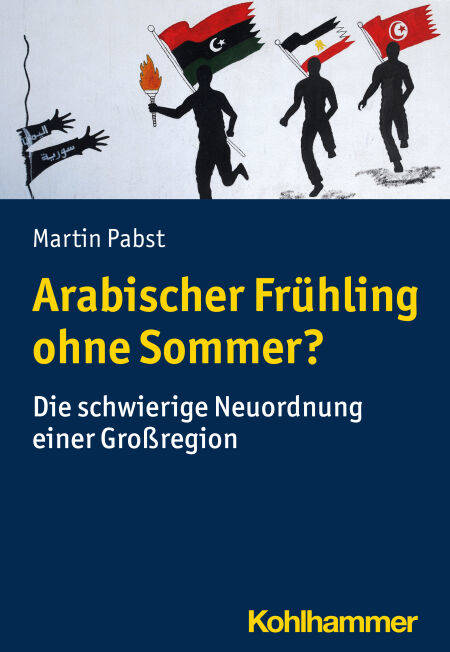
- Afhalen na 1 uur in een winkel met voorraad
- Gratis thuislevering in België vanaf € 30
- Ruim aanbod met 7 miljoen producten
- Afhalen na 1 uur in een winkel met voorraad
- Gratis thuislevering in België vanaf € 30
- Ruim aanbod met 7 miljoen producten
Zoeken
Arabischer Frühling ohne Sommer? E-BOOK
Die schwierige Neuordnung einer Großregion
Martin Pabst
E-book | Duits
€ 28,99
+ 28 punten
Omschrijving
When the population took to the streets of Tunisia on 17 December 2010 to protest against the autocratic regime and living conditions, it resulted not only in the overthrow of the country=s own government: it went on to trigger further protests in rapid succession in other Arab countries such as Algeria and Egypt. One of the central goals of the protests was to install democratic forms of government, so that they optimistically came to be called the "Arab Spring". Today, some 10 years after the events, the results are sobering. As Martin Pabst shows in his balanced account, jihadism, civil wars and terror were able to spread in the wake of the "Arab Spring" . The book provides a well-founded overview of developments in the "Arab world" as a major region, stretching from the Maghreb to the Near East and Middle East. A historical and geographic introduction is followed by insights into the region=s various cultures, ethnic groups and languages. The various economic forms, population developments and supply situations are analysed. The intensifying Saudi-Iranian conflict is also placed in this context, and the question is raised of whether the conflict is primarily a religious war or a power struggle. Against the background of these general developments, the "Arab Spring" is described with a focus on important points in the transition process: the armed conflicts, social unrest, political upheavals, etc. in Syria and Iraq, the failed state of Libya, Egypt as a key country and the Gulf monarchies, which initially stood at a distance but then became increasingly involved and came under pressure to reform. In conclusion, the book outlines development trajectories towards a new order in the future.
To provide quick and targeted access, the book is structured according to common topics rather than countries. This mainly thematic structure has two further advantages - it avoids repetition and brings out the general connections within the large region. The book can be used to provide an overview and introduction to the history and current politics of this important region.
To provide quick and targeted access, the book is structured according to common topics rather than countries. This mainly thematic structure has two further advantages - it avoids repetition and brings out the general connections within the large region. The book can be used to provide an overview and introduction to the history and current politics of this important region.
Specificaties
Betrokkenen
- Auteur(s):
- Uitgeverij:
Inhoud
- Aantal bladzijden:
- 319
- Taal:
- Duits
Eigenschappen
- Productcode (EAN):
- 9783170357433
- Verschijningsdatum:
- 12/01/2021
- Uitvoering:
- E-book
- Beveiligd met:
- Digital watermarking
- Formaat:
- ePub

Alleen bij Standaard Boekhandel
+ 28 punten op je klantenkaart van Standaard Boekhandel
Beoordelingen
We publiceren alleen reviews die voldoen aan de voorwaarden voor reviews. Bekijk onze voorwaarden voor reviews.











